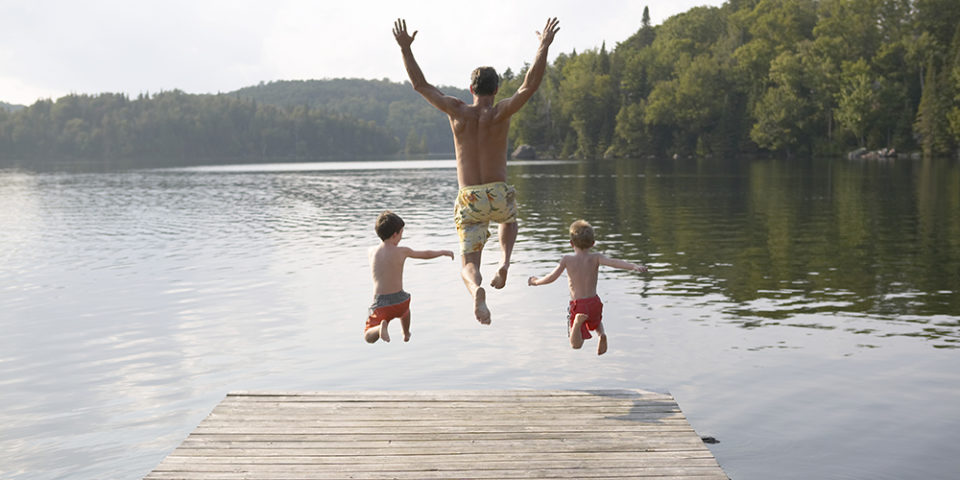How to protect your family from deadly freshwater amoeba
Whether it’s during the dog days of summer or heading into fall, a microscopic threat continues to grow inside lakes, rivers and other slow-moving bodies of water as heat intensifies. Commonly called “brain-eating,” this freshwater amoeba can cause a brain infection when water containing the amoeba goes up the nose.
“The amoeba – Naegleria fowleri – is 99% fatal, but 100% preventable,” said Anna-Kathryn Burch, MD, a pediatric infectious disease specialist. “The amoeba is everywhere in warm fresh water, so we want to educate the community about how to protect their loved ones.”
How common are brain infections caused by Naegleria fowleri?
According to the Centers for Disease Control and Prevention, the infection is rare with approximately three people in the United States getting infected each year.
The amoeba enters the body through the nose during water activities including tubing, diving and other activities that force water up the nose. The freshwater amoeba travels to the brain and spinal cord where it attacks brain tissue and causes the disease primary amoebic meningoencephalitis (PAM).
What are the symptoms of PAM?
Initial symptoms of PAM usually start about five days after infection, but they can occur within one to seven days.
Early symptoms include headache, fever, nausea or vomiting. As symptoms progress, there can be confusion, a stiff neck, lack of attention to people and surroundings, loss of balance, seizures and hallucinations.
“Infections occur most often in southern-tier states, and in the months of July, August and September, when temperatures are high for extended periods of time and water levels are lower,” Dr. Burch said.
Naegleria fowleri is not found in salt water, like the ocean.
How can PAM be prevented?
The only way to prevent a freshwater amoeba infection when swimming is to avoid activities in warm fresh water that can result in water going up the nose. If you choose to swim in water where Naegleria fowleri might live, the CDC recommends that you:
- Hold your nose shut, use nose clips or keep your head above water.
- Avoid putting your head under water in hot springs and other untreated geothermal waters.
- Avoid water-related activities in warm fresh water during periods of high-water temperatures and low-water levels.
- Avoid digging in or stirring up the sediment while participating in water-related activities in shallow, warm freshwater areas.
Infection also has occurred when people cleanse their nasal passages with a neti pot or other device to rinse their sinuses. The CDC offers recommendations on how to safely rinse your sinuses.
Find the care you need, close to home
Our primary care physicians provide well visits and everyday care when you need it with compassion and expertise.
Find Primary Care Near You

